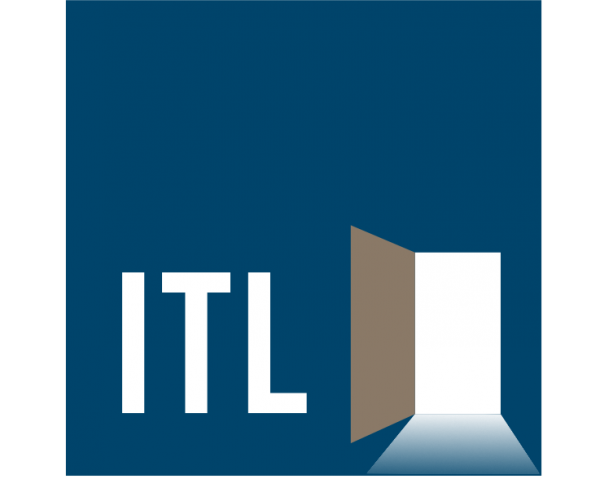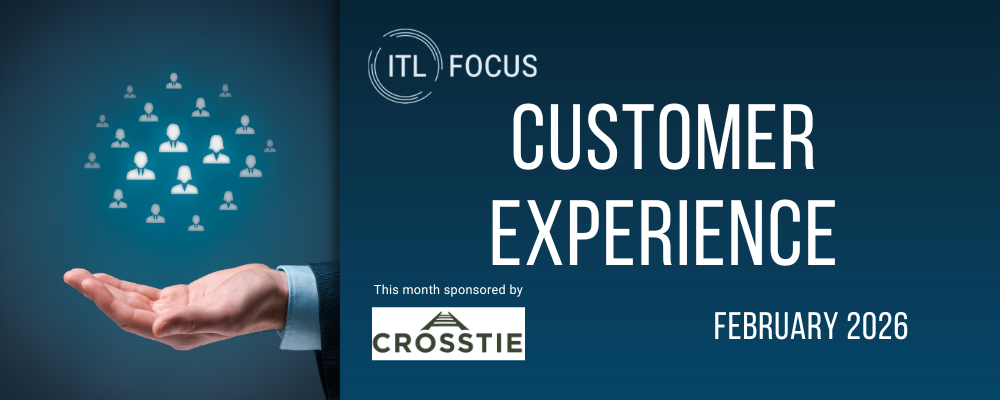ITL:
Let’s start off with your basic thesis on where insurance distribution is headed, then get into some of the details. Does that sound like a plan?
Adam Chadroff:
Sounds good.
There was a consensus view from, call it, 10 years ago until two years ago, at least among non-insurance folks, that technology was coming for agents. Digitization and digital leverage would make relationships meaningfully less important. The role of an agent would be superfluous over time.
That didn’t happen. People want agents when they shop for insurance. It’s not the same as shopping for other items on the internet. The stakes involved if you get insurance wrong are really high, and the complexity of the transaction is much higher, even for some personal lines products.
In fact, I saw a survey that said that many people don’t just want an agent; they want one who is co-located, so they might be able to meet at some point.
But I think there’s a second point: that digital leverage also matters. The fact that agents are enduring doesn't mean digital technology is a passing fad.
The way you interact with your agent will become tech-enabled, and the agents and agencies that succeed in the near and medium term will be the ones that really learn how to use that digital leverage effectively.
I was recently looking at some stats about how agencies and brokerages started leveraging technology more during COVID -- the virtualization of meetings, messaging capabilities, self-service portals and so on. But usage of some of these fairly basic tools is still quite low.
In my view, succeeding as a distributor will mean leveraging more technology to meet customer demand for a simpler process and to reduce your operating expenses because you’re more efficient. Another way I’ve seen that operating leverage framed is as a way to let agents focus on the things that matter, like actually selling insurance, taking more time to provide advice and perhaps expanding into products that haven’t been in your wheelhouse. That efficiency is also a retention tool.
ITL:
It sounds like a lot of progress can be made just by doing better with the technology that's available now. It's sort of, in the land of the blind, the one-eyed man is king.
Chadroff:
There’s a ton of different opportunities to embed technology to create a better customer experience, to sell more coverage, to sell coverage that better meets the needs of your customers and, thus, to retain your customer. I think all parts of that process can be digitally enabled.
That could look like better CRM [customer relationship management]. That could look like better analytics at the point of sale to recommend products. That could look like better integration between the different counterparties, such as brokers and agents and carriers, for providing coverage, for obtaining documentation, for making policy changes on demand. Those technologies can create a much better customer experience and can accelerate processes. There's innovation on licensing and training, on payments and so on across the value chain.
The challenge is getting the tools into the hands of agents, because the brokerage landscape is heavily fragmented and there’s not always openness to trying or paying for new software. Historically, there's just not been exceptional technology. And today, while there's a lot of emerging products, it's still largely point solutions, which often don’t fit well into your AMS [agency management system]. It’s challenging to find the right products and to integrate them in a way that is effective and doesn't seem complicated.
Agents are already grappling with a wide array of disjointed systems and workflows. So if a new product or technology is perceived as yet another complexity being added to the process, I think there can be less willingness to adopt it.
ITL:
I've seen people argue that the increasing reliance on technology suggests scale matters, because the bigger agencies are more likely to be able to adopt the technology than smaller agencies. Do you agree with that or not?
Chadroff:
To an extent, scale is important. You’ve certainly seen lots of acquisitions aimed at gaining scale. I do think, though, that there are ways for independents and smaller organizations to recreate some of the benefits of scale.
For example, if it's increasingly important for agents to be able to deliver advice that's not just monoline, but across a wide array of products and tailored to a customer's needs, then one solution is to have scale and be part of a larger organization. Another approach is to have the technology that makes it seamless to deliver recommendations and placement and products across a much wider array of product categories and lines of business.
It can be more challenging for smaller agencies to adopt technology, but when deployed, that technology can also reduce the gap between scale and sub-scale.
ITL:
What about everybody’s favorite topic these days: ChatGPT?
Chadroff:
What I would be thinking about is, how could I leverage this sort of technology to be more efficient or to deliver better advice faster to my customers? That could mean the promptness with which I can answer their questions or how I can retrieve data from the multitude of different sources to recommend products or assess the gaps in their coverage.
ITL:
If I had to summarize, I'd say it sounds like, three or five years out, we're going to have pretty much the same model we have now, but more efficient and effective for both agents and customers. Does that sound right?
Chadroff:
I think that efficiency and effectiveness will just accelerate both because of the availability of the technology and because of increasing openness to it. I believe agents will increasingly recognize that technology is an enabler, and it’s their friend.
And that's why I'm very excited about platforms that help agents reduce friction in their workflows and deliver a better end-to-end experience for insurance shoppers and insureds.
As we’ve seen in other complex, fragmented industries, things move slowly until they move fast.
ITL:
Thanks, Adam.
About Adam Chadroff
 |
Adam Chadroff is an investor at Equal Ventures, where he focuses primarily on insurance and benefits. Prior to Equal, Adam held roles at venture-backed fintech companies, most recently as head of operations at Counterpart, a commercial insurance startup, and previously as an early member of the product team at Policygenius. Previously, Adam worked in institutional equities and global capital markets at Morgan Stanley. Adam holds an MBA from the Wharton School, and a BA in international relations from Stanford University. |








